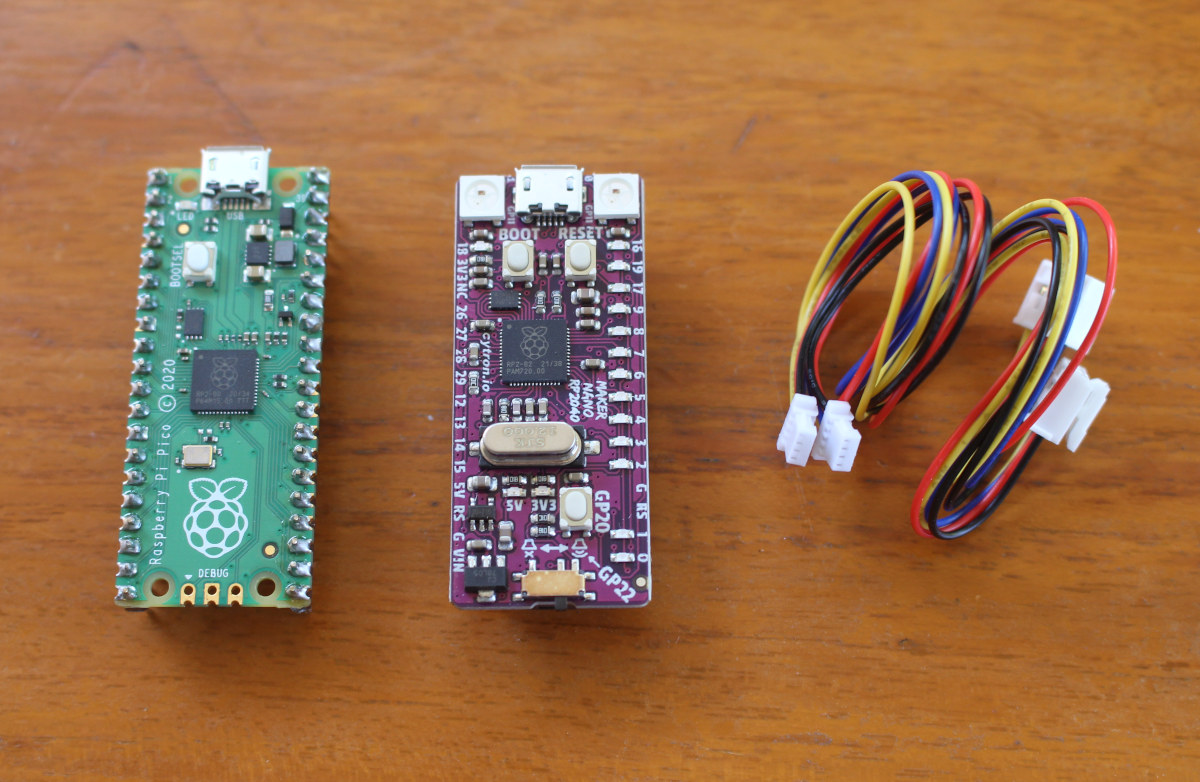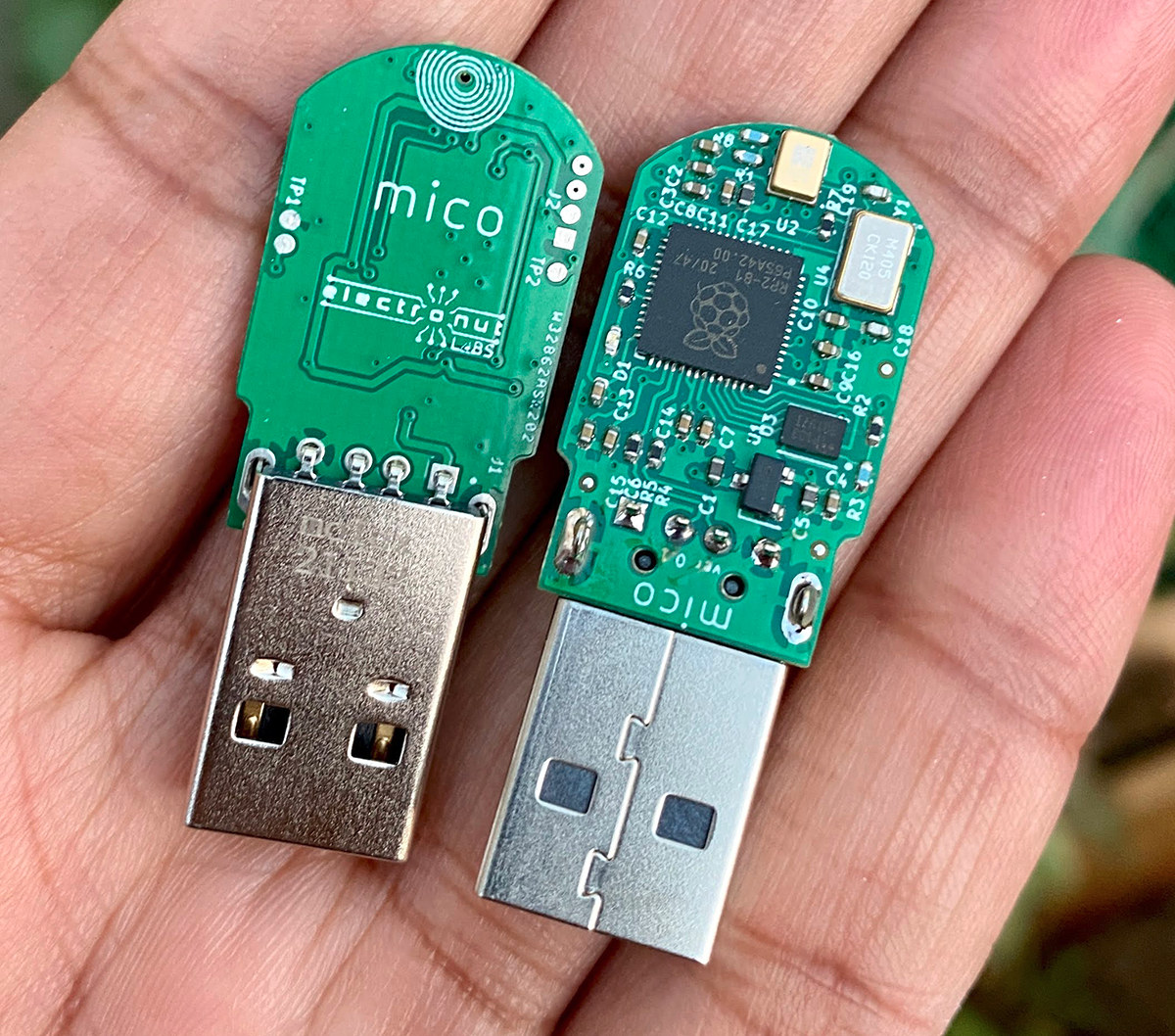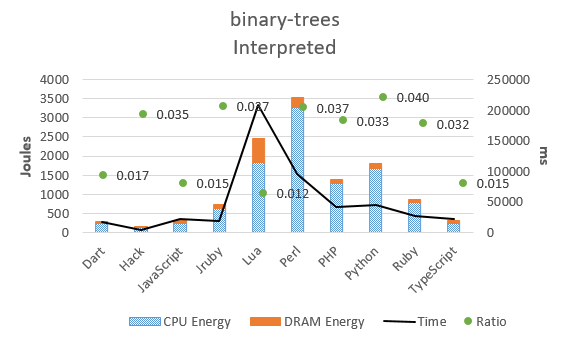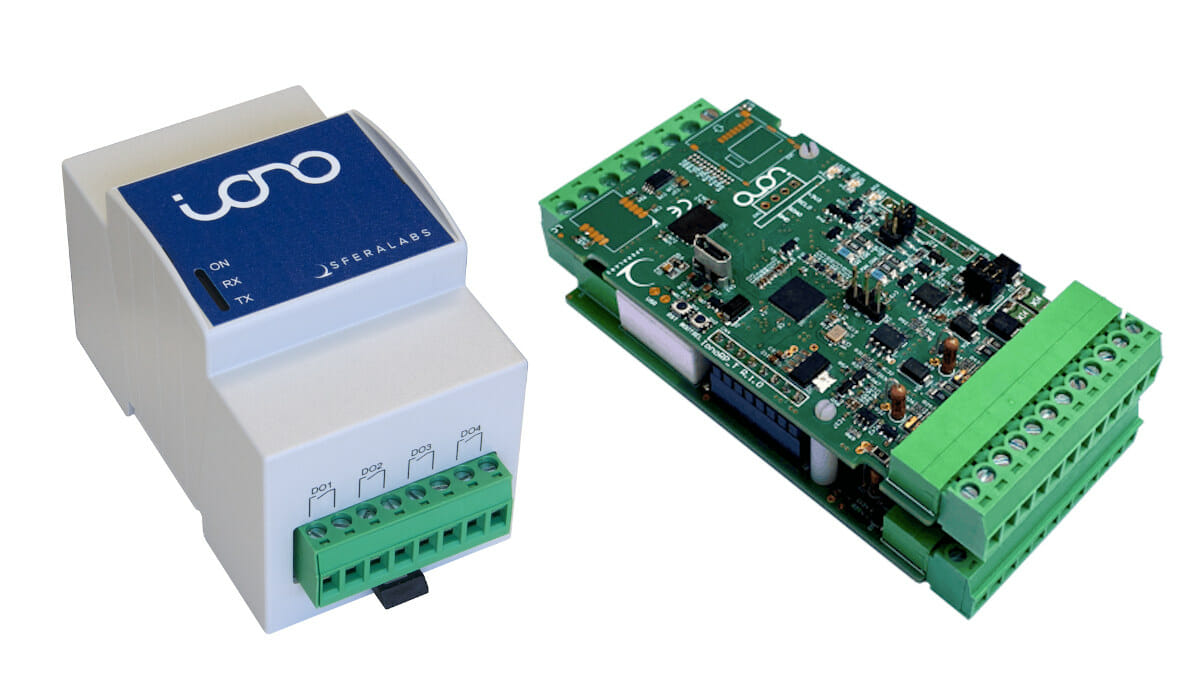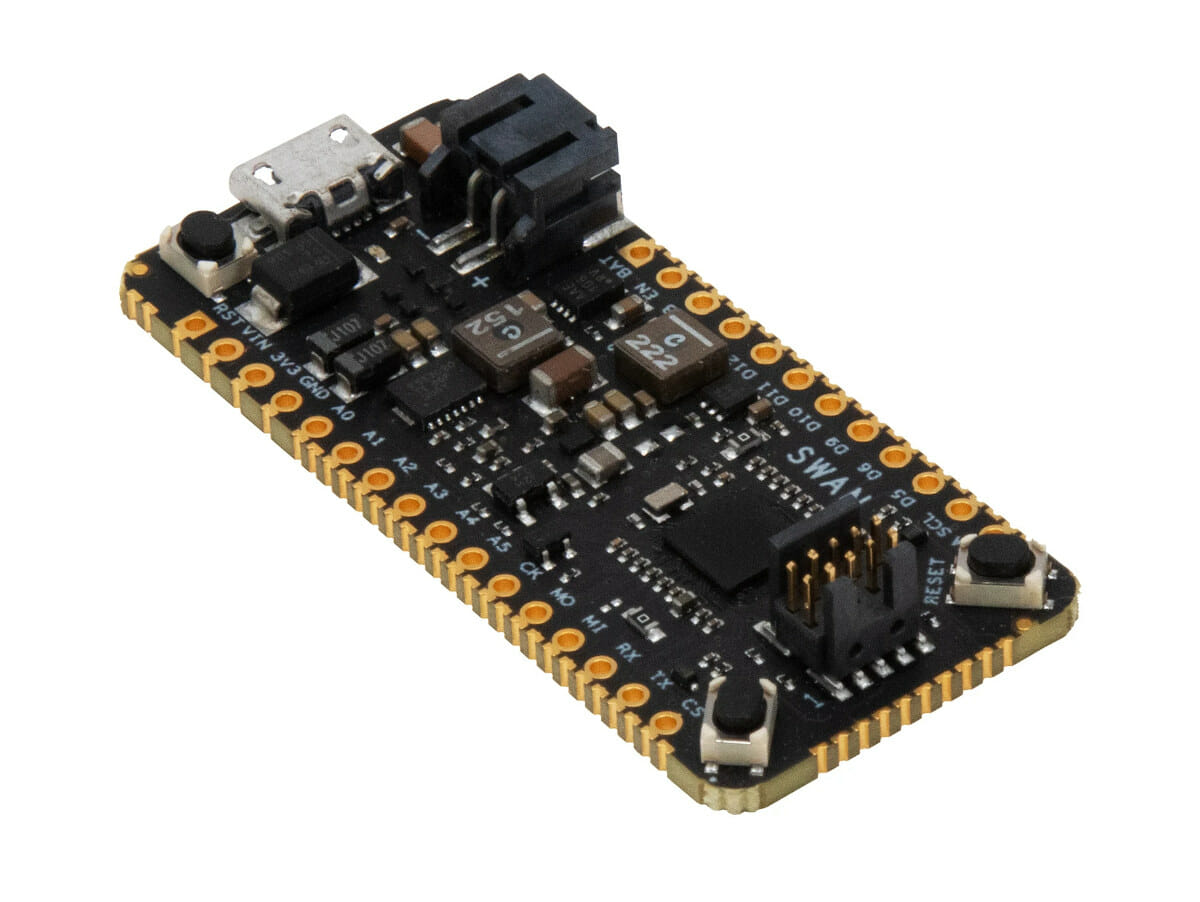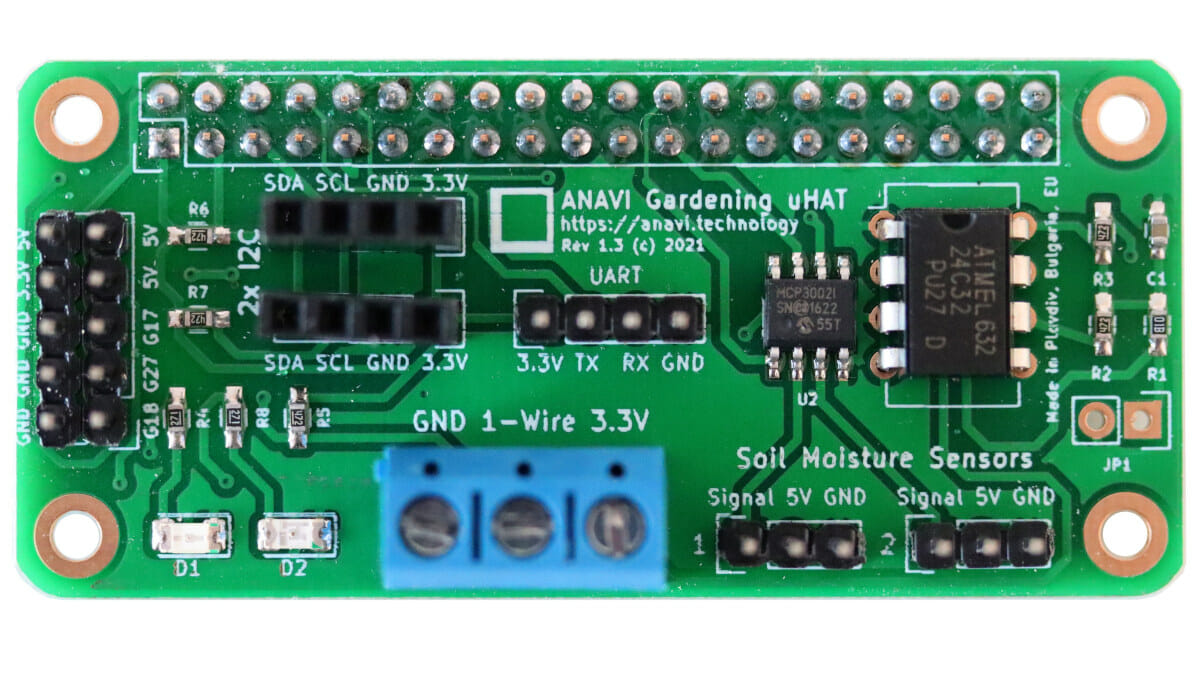Pimoroni Badger 2040 is a Raspberry Pi RP2040 board equipped with a 2.9-inch black and white E-Ink display with 296 x 128 resolution and programmable with C/C++, MicroPython, or CircuitPython. The board is not just an ePaper badge, as it also comes with five buttons, and expansion capability through a Qwiic/STEMMA QT connector plus some pads with UART, I2C, interrupt, and power signals. Badger RP2040 specifications: MCU – Raspberry Pi RP2040 dual-core Arm Cortex M0+ running at up to 133Mhz with 264kB of SRAM Storage – 2MB QSPI flash Display – 2.9-inch B&W E Ink display with 296 x 128 pixels resolution, ultrawide viewing angles, ultra-low power consumption; Dot pitch – 0.227 x 0.226 mm USB – 1x USB Type-C port for power and programming Expansion Qwiic/STEMMA QT connector 10 pads with I2C, an interrupt pin, UART, SWC/SWD, 3.3V, GND Misc 5x front user buttons Reset and boot buttons (the […]
Maker Nano RP2040 offers Arduino Nano, Grove and Qwiic modules compatibility
Cytron Maker Nano RP2040 is board similar to Raspberry Pi Pico but with Arduino Nano form factor, a proper reset button, two RGB LEDs, single color LEDs for some GPIOs, a buzzer, as well as two Qwicc/STEMMA QT connectors that can also be used to connect Seeed Studio Grove modules using provided conversion cables. While the board mostly aims to be an Arduino Nano/Maker Nano upgrade, there are some notable differences with the I/O voltage being limited to 3.3V without 5V tolerance, and there are only four ADC inputs (A0 – A3) instead of eight on the Arduino Nano. Maker Nano RP2040 specifications: MCU – Raspberry Pi RP2040 dual-core Arm Cortex-M0+ microcontroller @ 125 MHz with 264KB internal RAM Storage – 2MB flash Audio – Piezo buzzer with mute switch Expansion 2x 15-pin headers with 22x GPIOs, 14x of which with LEDs,2x I2C, 2x UART, 2x SPI, 14x PWM, 4x […]
Mico – A USB microphone based on Raspberry Pi RP2040 MCU
Raspberry Pi RP2040 dual-core Cortex-M0+ microcontroller has found its way into Mico, a compact USB microphone with a PDM microphone providing better quality than cheap USB microphones going for one or two dollars or even 5 cents shipped for new Aliexpress users. The project started when Mahesh Venkitachalam (Elecronut Labs) was doing audio experiments with Machine Learning on the Raspberry Pi, and found out USB microphone dongles were extremely noisy with poor (distance) sensitivity, so he completed the project with a high-quality I2S microphone instead. He then had the idea of making his own USB microphone and found out Sandeep Mistry had already developed a Microphone Library for Pico, so he mostly had to work on the hardware that’s how Mico Raspberry Pi RP2040 USB microphone came to be. Mico specifications: MCU – Raspberry Pi RP2040 dual-core Cortex-M0+ microcontroller @ up to 133 MHz with 264KB SRAM Storage – 128Mbit […]
Save the planet! Program in C, avoid Python, Perl
As a former software engineer who’s mostly worked with C programming, and to a lesser extent assembler, I know in my heart that those are the two most efficient programming languages since they are so close to the hardware. But to remove any doubts, a team of Portuguese university researchers attempted to quantify the energy efficiency of different programming languages (and of their compiler/interpreter) in a paper entitled Energy Efficiency across Programming Languages published in 2017, where they looked at the runtime, memory usage, and energy consumption of twenty-seven well-known programming languages. C is the uncontested winner here being the most efficient, while Python, which I’ll now call the polluters’ programming language :), is right at the bottom of the scale together with Perl. The study goes through the methodology and various benchmarks, but let’s pick the binary-trees results to illustrate the point starting with compiled code. To the surprise […]
Iono RP – An industrial PLC with a Raspberry Pi RP2040 MCU
Raspberry Pi RP2040 MCU has been used in many boards, but I think I had seen the dual-core MCU in a PLC, or even any industrial products just yet. Sfera Labs Iono RP is a compact I/O module (PLC) with a Raspberry Pi RP2040 microcontroller that’s programmable in C/C++ and MicroPython, or even the Arduino IDE. The DIN-Rail mountable, RP2040 based industrial PLC offers digital and analog input and output lines, power relays, and an RS-485 interface, supports power input from 12V-24V with all signals accessible through terminal blocks. Sfera Labs can also provide some optional options such as an RTC or an earthquake sensor module. Iono RP PLC specifications: MCU – Raspberry Pi RP2040 dual-core Arm Cortex-M0+ @ 133MHz with 264kB on-chip SRAM Storage – 16MB SPI flash, optional microSD card slot Communication interface – standard RS-485 interface with electrostatic discharge protection Inputs/Outputs via terminal blocks 4x power relay […]
Blues Wireless Swan board adds castellated holes to Adafruit Feather form factor
We’ve often written about Adafruit Feather-compatible boards in the past, but Blues Wireless Swan board is a little different, as the STM32L4-based board comes with castellated holes instead of just through holes which allows the board to expose up to 55 GPIOs, or 36 more pins than a traditional feather-compatible board. The company also introduced the “Feather Starter Kit for Swan” that enables the board to work with the company’s Notecard LTE Cat-M/NB-IoT M.2 modem that ships with 10-year (up to 500MB) of IoT connectivity, as well as GPS/GNSS connectivity. The Swan board Swan specifications: MCU – STMicro STM32L4R5 Arm Cortex-M4 microcontroller clocked at 120Mhz with 2MB of flash and 640KB of RAM USB – 1x Micro USB port for power and programming Castellated holes giving access to 55 GPIO including: 8x analog input 16x digital 4x I2C, 3x SPI 1x USB OTG full speed 1x 14-channel DMA 12-bit ADC, […]
ANAVI Gardening uHAT adds soil and other sensors to Raspberry Pi (Crowdfunding)
We’ve been covering and reviewing ANAVI open-source hardware boards for several years now, either standalone boards based on ESP8266, or add-on boards for Raspberry Pi. The ANAVI Gardening uHAT is the latest board from Leon Anavi. It is a micro HAT designed for Raspberry Pi Zero to Raspberry Pi 4 SBCs that offers interfaces for soil sensors and other environmental sensors allowing measurements of soil moisture, atmospheric pressure and humidity, temperature with a waterproof sensor, and light intensity for gardening applications. ANAVI Gardening uHAT key features and specifications: Compatibility – Any Raspberry Pi board with a 40-pin GPIO header Storage – EEPROM for uHAT compliance 2x 3-pin headers for capacitive soil moisture sensors connected to Microchip MCP3002 ADC chip 3-pin One-wire terminal block for a waterproof temperature sensor 2x 4-pin I²C headers for additional sensors 10-header with GPIO pins for controlling irrigation systems and peripherals Misc – 2x user LEDs, […]
OpenCV AI Kit Lite – A compact 4K Tri-camera kit for computer vision applications (Crowdfunding)
The OpenCV AI Kit “OAK-D” now has a little brother with the OpenCV AI Kit Lite equipped with the same Intel Myriad X-based DepthAI solution with three cameras, but in a much compact form factor and a price slashed to as low as $79 and up. Like its predecessor, the OpenCV AI Kit leverage the Myriad X AI accelerator’s capabilities to provide a wide range of real-time computer vision applications, and can be programmed with C++ or Python APIs, as well as graphical user interfaces. OpenCV AI Kit Lite (OAK-D Lite) specifications: Intel Myriad X-based DepthAI with 4 TOPS of AI performance Cameras (made by ArduCam) Color Camera IMX214 (PLCC) with 4208×3120 resolution, 1.348:1 aspect ratio 1/3.1 inch Lens size 81.3 degrees DFOV Focus range 8cm – ∞ Stereo Camera specifications: Omnivision OV07251-G04A-1E (COB) with 640 x 480 resolution, 1.333:1 aspect ratio 1/7.5 inch lens size DFOV: 85.6,HFOV: 72.9, VFOV: […]



